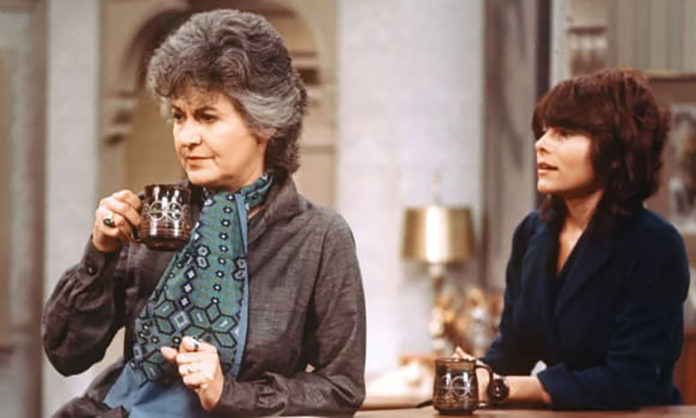In an article for ScreenCraft, Paula Finn explores the importance of incorporating drama into comedy writing. Finn argues that while comedy is meant to make audiences laugh, it is the drama that gives the story heart and depth and allows the audience to connect with the characters on a deeper level and adds emotional weight to the humor. Some tips for blending drama in your comedy include:
- Less is More. Comedy writer Mike Reiss says a little bit of drama goes a long way. If you add too much drama, your story may feel like a Very Special Episode of your least favorite sitcom. But the right amount can bring your theme home for the audience.
- Keep it Real. “Write human beings as opposed to just writing jokes,” advises Roseanne creator Matt Williams. “Because if you land occasionally on a real emotional moment — then the joke following it is going to be twice as funny.” In Steel Magnolias, M’Lynn breaks down after her daughter’s funeral, until Clairee offers to let her punch out Ouiser, leaving the audience bawling one moment and yelling with laughter the next.
- Prepare the Audience. Audiences will accept characters that provide both dramatic and comedic moments, if you build out their personalities, flaws, and differences.
- Trust Your Gut. “It’s kind of a gut thing,” says Elliot Shoenman. “As we all know, there’s humor in almost anything under certain circumstances.” Elliot also recommends writers show some boldness and courage and not be afraid to try certain humor.
- Take it One Step at a Time. “Find the dramatic through line in this scene, and then come back and find where the funny is in it,” advises Phil Doran. “I mean, writing for TV, it’s bricklaying. It’s one sentence at a time, one word at a time, one joke at a time.”












